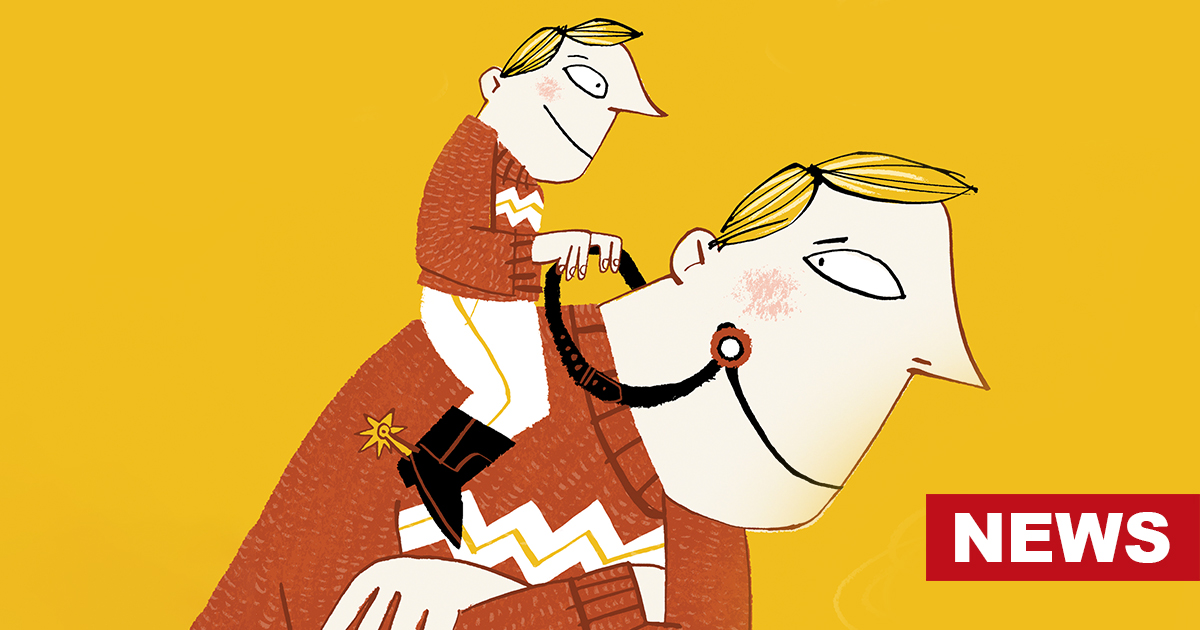- Studies reveal how excessive self-control harms mental health.
- Excessive self-control triggers aggression and decision fatigue.
In today’s world, we face numerous distractions, such as social media and smartphones, making it challenging to stay focused and consistent in pursuing our goals. As a result, self-control, the ability to regulate our behaviors to achieve objectives, has gained increasing importance.
However, emerging studies have revealed that excessive self-control harms mental health. While it is often admired and valued, self-control might not always be conducive to positive mental health.
There are potential drawbacks to constantly suppressing spontaneous impulses, which we need to acknowledge. Here are two potential negative associations between self-control and mental health:
1. Self-Control Fuels Aggression
Contrary to common belief, increasing self-control may not be an effective approach to reduce aggressive behavior. Recent research conducted by Virginia Commonwealth University’s social psychologist, David Chester, found that aggression originates from the prefrontal cortex, the brain region responsible for self-control.
People who plan acts of revenge or violence often exhibit remarkable self-control during the process. It turns out that individuals who engage in violent acts typically have psychopathic tendencies, yet they have developed the ability to regulate their behaviors during their teenage years. Thus, self-control should be seen as a tool to manage specific situations, like digital distractions, rather than a universal remedy for aggressive tendencies.
2. Self-Control Leads To Decision Fatigue:
Self-control involves making repeated decisions that prioritize long-term gratification over short-term gains. However, this constant decision-making process can lead to decision fatigue, diminishing our capacity to make sound judgments.
Studies have shown that individuals who exerted self-control in one context were more likely to give up on analytical tasks later on, possibly due to mental exhaustion from prior decision-making.
Judges, for instance, tend to grant more paroles earlier in the day when their decision-making energy is higher, but this diminishes as the day progresses and decision fatigue sets in. Hence, excessive self-control may result in sub-optimal decisions and actions that one would typically avoid.
Self-control is an essential mental tool that aids us in achieving our goals and regulating our actions. However, it is crucial to understand how excessive self-control harms mental health. In a way, it is imperative to strike a balance and recognize when to give in to spontaneous desires and when to exercise self-control.
By understanding this balance between self-control and mental health, we can harness the power of self-control without succumbing to its potential downsides. Embracing self-control wisely and knowing when to let go can be equally valuable for our overall well-being.


